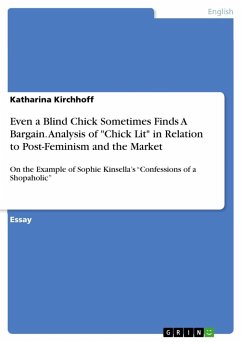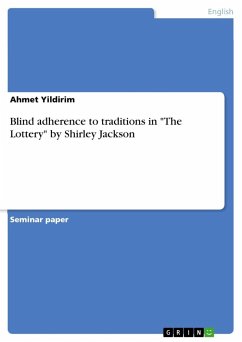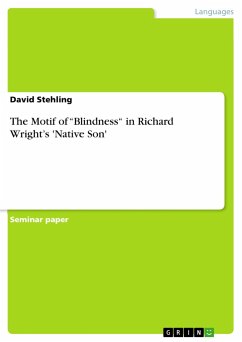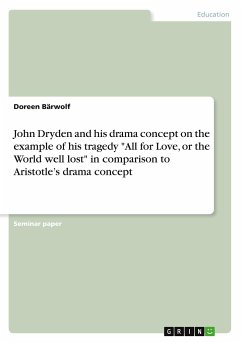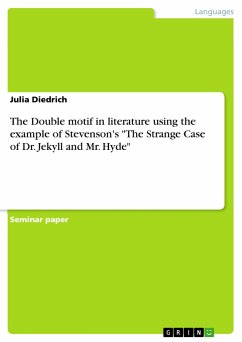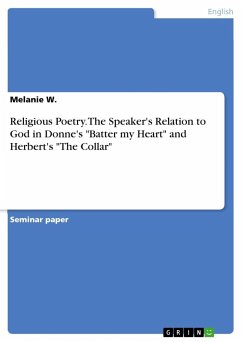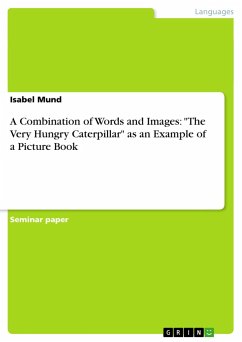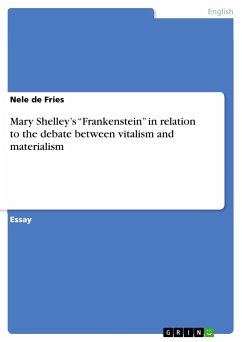Essay from the year 2014 in the subject English Language and Literature Studies - Literature, grade: 1,0, Free University of Berlin (Englische Philologie), language: English, abstract: The twenty-first century heroine fights in a Prada dress, in the jungle of big cities, not for world peace but for bargain buys. Today's heroines also have to be versatile to meet the requirements of post-feminism, popular culture and neo-liberalism: they work, they care for friends, they have to fight for Mr.Right (so they don't end up as a spinster eaten by cats), they do Brazilian Waxing and most importantly, they shop. When Helen Fielding's Bridget Jones stated that she had decided to "go shopping and stop obsessing" (Fielding 80) it seemed as if a wall was pulled down and women in "Chick Lit" went shopping as if there was no tomorrow. Thanks to credit cards, there is indeed no limit. On the one hand, those women are mostly educated and independent with a solid income, but on the other hand they get into debt for the newest Hermes scarf to achieve an ideal which is propagated in popular culture. Here the question emerges: What significance does the fashion and beauty industry have for women in the 21st century? This essay will answer that question, proving that while the fashion and beauty industry as well as post-feminism propagates the economic independence of women and, in connection, massive consumerism as a symbol for the liberation of women, shopping instead reflects the subliminal oppression of women by the market. The background and theoretical framework for this thesis is provided by Angela McRobbie, one of the leading feminist theorists of the 21st century, who states that the fashion and beauty industry "appears to displace traditional modes of patriarchal authority" (McRobbie 61). My object of analysis is Sophie Kinsella's "Chick Lit" novel "Confessions of a Shopaholic", as to the heroines in "Chick Lit" shopping is a central and essential part of their lives and is presented as a way to create one's identity, according to the ideals of popular culture under the guidance of the fashion and beauty industry."Chick Lit" heroines are often presented as fashionistas who define themselves by the clothes and brands they wear always desperately trying to prove their individuality and to confirm their identity. Free and excessive shopping is put on a level with liberation and emancipation, as "Chick Lit" fashionistas are economically independent working women. This is where the aspect of post-feminism comes into account, as it goes hand in hand with neo-liberal ideas like freedom through economic independence, individuality and competition.

